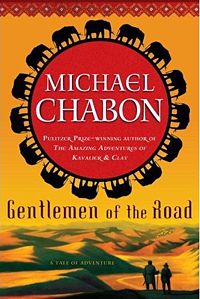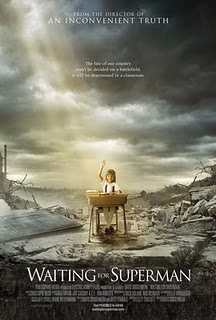 Although I've known about it for two days, I'm only now blogging about the passing of Henry Brant, one of Canada's greatest composers who often gets lumped in with all us Americans because, like so many composers, he was influenced deeply by the legacy of Charles Ives.
Although I've known about it for two days, I'm only now blogging about the passing of Henry Brant, one of Canada's greatest composers who often gets lumped in with all us Americans because, like so many composers, he was influenced deeply by the legacy of Charles Ives.Brant took different lessons from Ives than most composers. In works like The Unanswered Question, Ives separated his musicians in space to create a different feeling than a closely spaced ensemble. Brant took that notion of spatial music to its logical extreme. So, for instance, in 1984 he wrote a work called Fire in the Amstel for four boatloads of 25 flutes each, four jazz drummers, four church carillons, three brass bands, and four street organs. That's right, 100 flutes, all floating along. Music sounds different over the water, and that was the sound he wanted.
I first became aware of Brant when I started my dissertation research. Brant actually played in Harry Partch's concerts sponsored by the League of Composers at Carnegie Hall in 1944. In fact, Brant had a double flageolet, so Partch even wrote two settings from Joyce's Finnegan's Wake for a second concert at Columbia that used the instrument (or two flutes if you don't have a double flageolet). So I decided to contact him as he was only 87 years old and interview him about his experiences with Partch. He remains the only composer who wouldn't consent to an interview, but I can't blame him; who would want to be interviewed about someone else's music. by all accounts he was a bit crusty in character and always wore his signature visor in public, but created an enormous body of fascinating music that eventually someone will attempt to tackle. for now, you can get recordings of the works, but I'm sure nothing matches them in live performance.




No comments:
Post a Comment